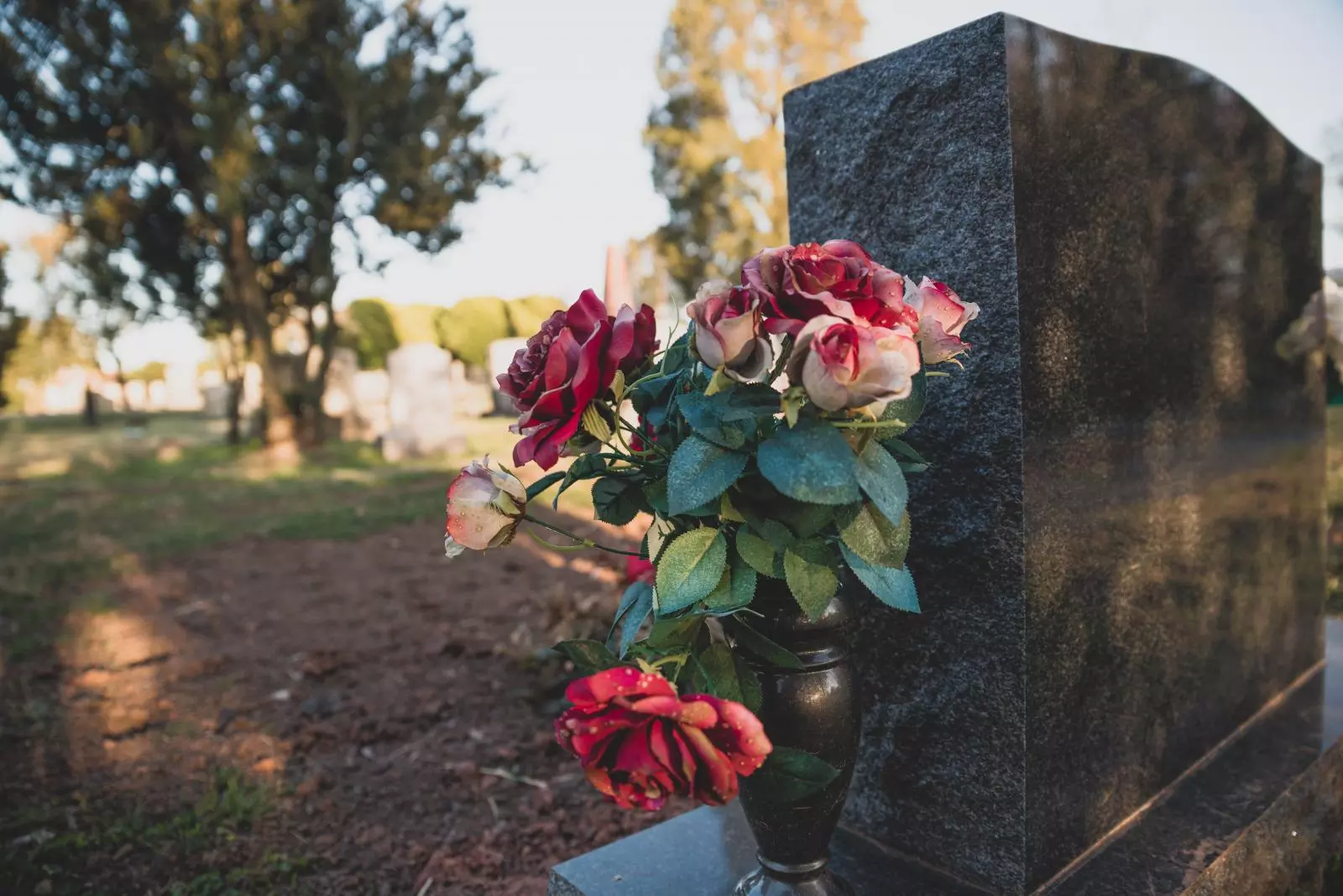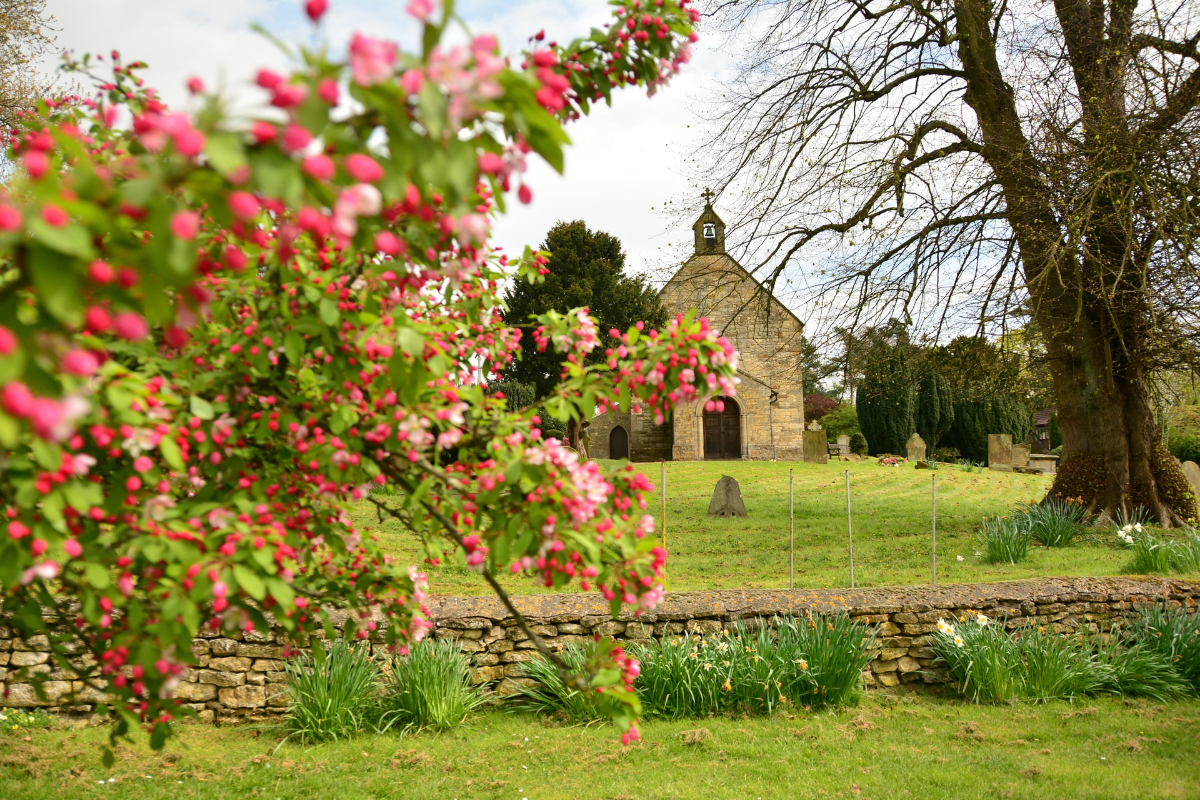Find out how much the average funeral costs in the UK. Learn about the factors that affect funeral expenses, including burial or cremation options, service fees, and additional costs such as flowers and transportation. Get insights into typical funeral costs to help plan a respectful and affordable farewell.
What's the average cost of a funeral in the UK?
The average cost of a funeral in the UK varies greatly depending on the type of funeral and location. In 2021, the overall cost of dying was about £9,263. This includes the average funeral cost, which is around £4,184 for a burial and £3,885 for a cremation.
The price covers essential components like the funeral director's professional fees, a coffin, and transportation. However, these amounts can vary based on the region; for example, funerals in London are typically more expensive compared to other parts of the UK.
Funerals can become a significant financial burden for families. Understanding the average cost helps people plan and save for future expenses.
There are ways to keep costs down, such as opting for a direct cremation, which is a simpler and cheaper option. When arranging a funeral, it’s essential to consider not just the basics but also any optional extras that could increase the final bill.
Optional extras can include things like memorial services, flowers, and headstones. These additional services can add substantial costs to the final amount. It’s also important to take into account the cost of a wake or celebration of life, which can vary widely based on the venue and number of attendees.
By understanding these costs and planning accordingly, families can better manage the financial impact of a funeral. This forethought can help reduce stress during an already difficult time, ensuring that the farewell is both respectful and within budget.
Consider researching different options and comparing prices to find the best solution for your needs. It’s crucial to be informed and prepared when making these decisions.
Are funerals getting more expensive?
In recent years, the cost of funerals in the UK has been on the rise. Many families have noticed that funeral costs have increased significantly. The cost of dying has risen by 39% over the past decade.
Several factors contribute to this trend, such as inflation, increased professional fees, and higher prices for burial plots and crematoriums.
One significant factor is the rising cost of living, affecting all aspects of life, including funeral expenses. Funeral directors often have to increase their prices to keep up with these changes.
Additionally, optional services such as celebration of life events, more elaborate coffins, and additional transportation can add to the overall cost.

While the basic funeral still covers necessities like a coffin, transportation, and venue hire, many people choose to add services that can push the total cost higher. For instance, having a minister or celebrant to lead the service, catering for a wake, or elaborate flower arrangements all come with additional fees.
Planning a funeral in advance can help mitigate some of these costs. Prepaid funeral plans are one option families might consider. By paying for a funeral in advance, you can lock in current prices, helping to avoid future increases. Also, understanding the most cost-effective choices, such as direct cremation or simpler memorial services, can help families manage their budgets better.
How much does a burial cost?
The average cost of a burial in the UK is approximately £4,184, though this amount can vary depending on the location and specific services chosen. The burial cost includes expenses like the burial plot, the funeral director’s fees, a basic coffin, and transportation. Often, the most significant cost is the burial plot itself, which can differ considerably based on the cemetery and local authority fees.
For instance, plots in more desirable or urban areas, such as in and around London, can be much higher. The cost of burial in these regions may be substantially more than in rural parts of the country. Additional costs, such as cemetery maintenance fees, should also be considered.
In some cases, families might choose additional services which can increase the price. These can include a minister or celebrant to conduct the ceremony, special headstone requirements, or a more elaborate coffin. Burial costs can be reduced by opting for a natural burial, which is generally cheaper and involves less maintenance. Understanding these factors can help families plan better and make cost-effective choices to suit their needs and financial situation.
How much does a cremation cost?
A cremation in the UK typically costs around £3,885 on average. This figure includes the fees for the crematorium, a basic coffin, and professional services provided by the funeral director.
Cremation costs can vary based on location, with places like London usually being more expensive. Direct cremation is an increasingly popular option due to its lower cost. With a direct cremation, the deceased is cremated without a formal funeral service beforehand.
This option can significantly reduce expenses, making it a more affordable choice for many families. Direct cremations can cost under £2,000, depending on the provider and location. Standard cremation services include additional components that can raise the overall cost.
These may consist of a hearse for transportation, a minister or celebrant, and a service at the crematorium. The amount can increase further with optional extras, such as a more luxurious coffin, flowers, or catering for a wake.

Understanding these details can be crucial for families making decisions during a difficult time. Knowing the costs, types of services, and potential for savings can aid in making an informed choice that suits their needs and budget. Moreover, discussing preferences with family members and documenting wishes beforehand can ease the decision-making process when the time comes.
Finally, planning in advance and researching different cremation providers can help families ensure they are getting the best value for their money while maintaining dignity and respect for their loved ones. It's important to approach this with care, awareness, and a clear understanding of the options available to make one's final farewell as fitting as possible.
What other funeral costs are there to consider?
Beyond the basic costs of burial or cremation, several other expenses can influence the overall cost of a funeral in the UK. These expenses are often referred to as third-party fees and typically include things like doctors' fees, musician or organist fees, venue hire, and service cards.
One essential cost to consider is funeral flowers, which can vary significantly in price depending on the type and amount chosen. Floral arrangements play a significant role in funeral services, often serving as a tribute to the deceased.
Families might also opt for a hearse and limousines to transport the deceased and close family members, adding to the expenses. These transport costs can be substantial depending on the distance and type of vehicle chosen.
Venue hire for the funeral service and wake also contributes, especially if a separate venue is chosen rather than a crematorium or church. The choice of venue can greatly influence the overall cost, with options ranging from local community centres to more elaborate locations.
Another critical aspect is the payment for professional services, such as those provided by a funeral director. Funeral directors coordinate all elements of the service, including handling the deceased, preparing them for viewing, and managing the logistics of the funeral day.
Their fees can vary based on the services provided and the location. Professional services also encompass embalming and other preparation work, which is often carried out to ensure the deceased is presented respectfully for any visitations or viewings.
Finally, additional costs could arise from opting for a more elaborate coffin or urn. The materials and craftsmanship can significantly impact the price. Purchasing memorial items like service cards or order of service booklets is another cost to consider, as these items are commonly distributed during the service.
Arranging for special transport services to areas far from the main funeral location can also add to the overall expense, especially if the deceased is to be transported a long distance.
Overall, beyond the fundamental costs, numerous additional expenses can influence the total cost of a UK funeral. Understanding these potential costs can help families plan effectively, ensuring all necessary aspects are covered without unexpected financial strain.

Are you looking for independent funeral directors in Oswestry and Shropshire? Our family run funeral director service provides support for you and your loved ones during the funeral arrangement and service.

